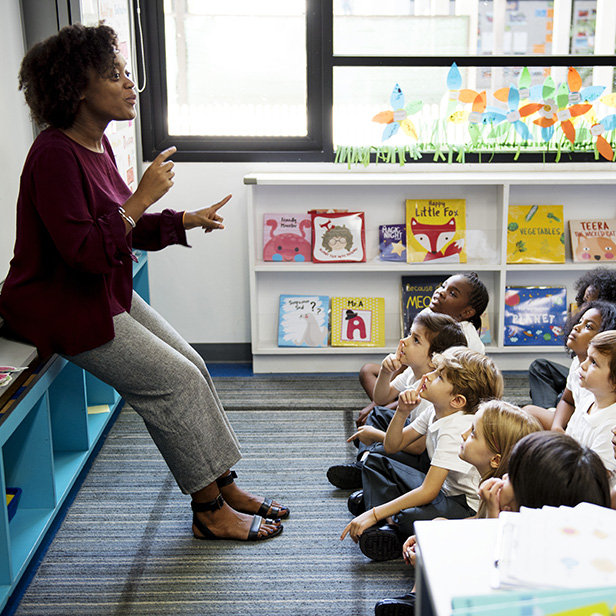Primary
Most five-year olds realise that dead people do not feel, they cannot hear, see, smell or speak and they do not need to eat or drink.
Children gradually understand that death is irreversible, but it is not until the age of about seven that most children accept that death is permanent, and that it can happen to anyone.
Pupils may:
- lack the vocabulary to express their thoughts and feelings
- need opportunities to ask questions and be given as much information as they can understand
- take interest in rituals surrounding death.
This is also the age of ‘magical thinking’; some may feel that somehow what happened was their fault and so they may blame themselves and feel guilty. As a result, they may feel extremely angry or they may become particularly ‘good’ to compensate for what they believe they have done.
As they get older, children’s understanding of death begins to match that of an adult but their grief is immature, which may cause them to develop their own ideas of what happens after death.
By the end of KS2, most pupils will:
- understand the inevitability of death
- be aware of their own and others’ mortality which can lead to fear and insecurity
- seek information and answers to their questions.
They may take on the responsibilities of a surviving adult or siblings. By trying to appear grown-up, they may feel under additional stress.

